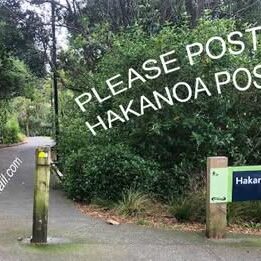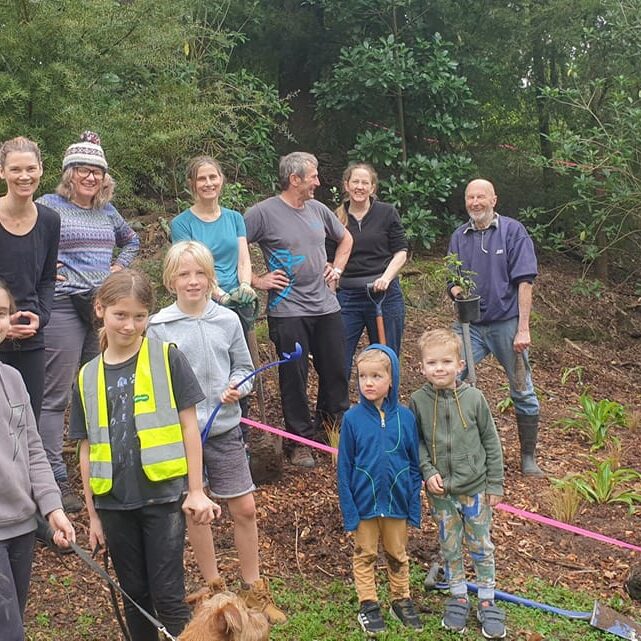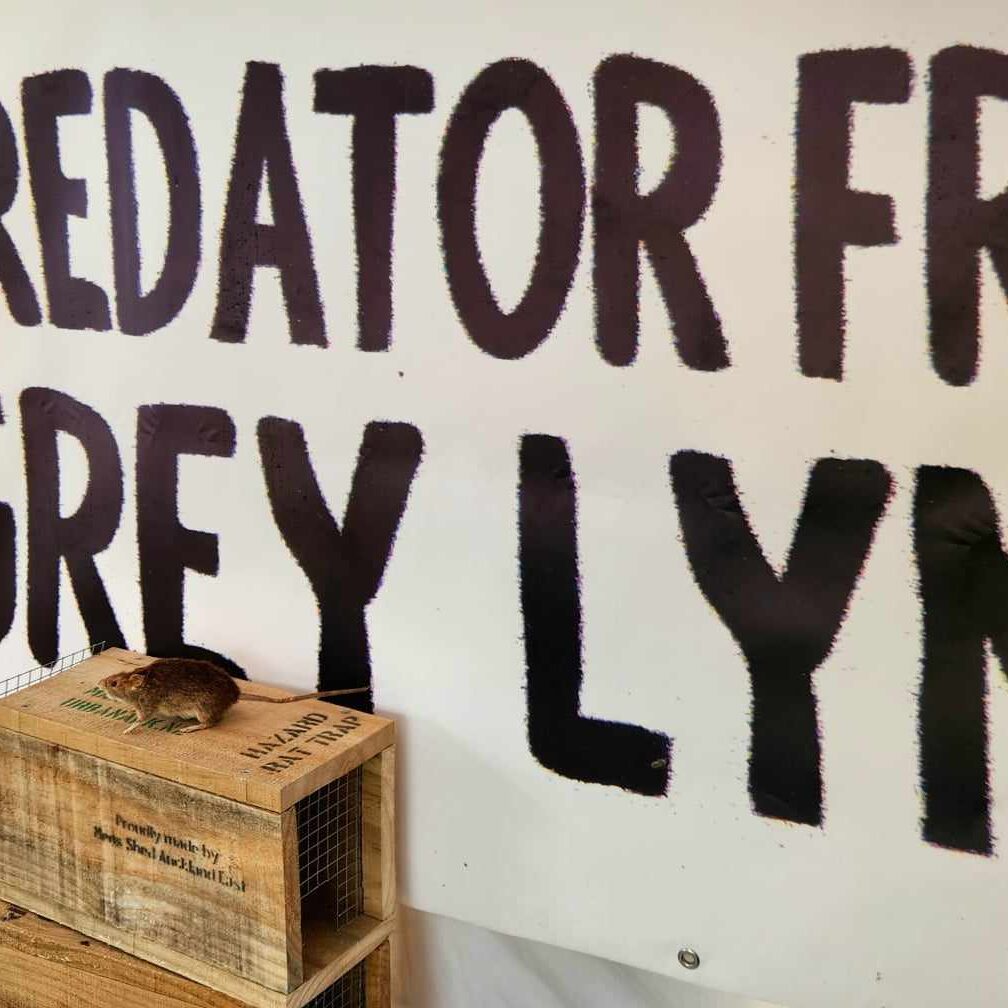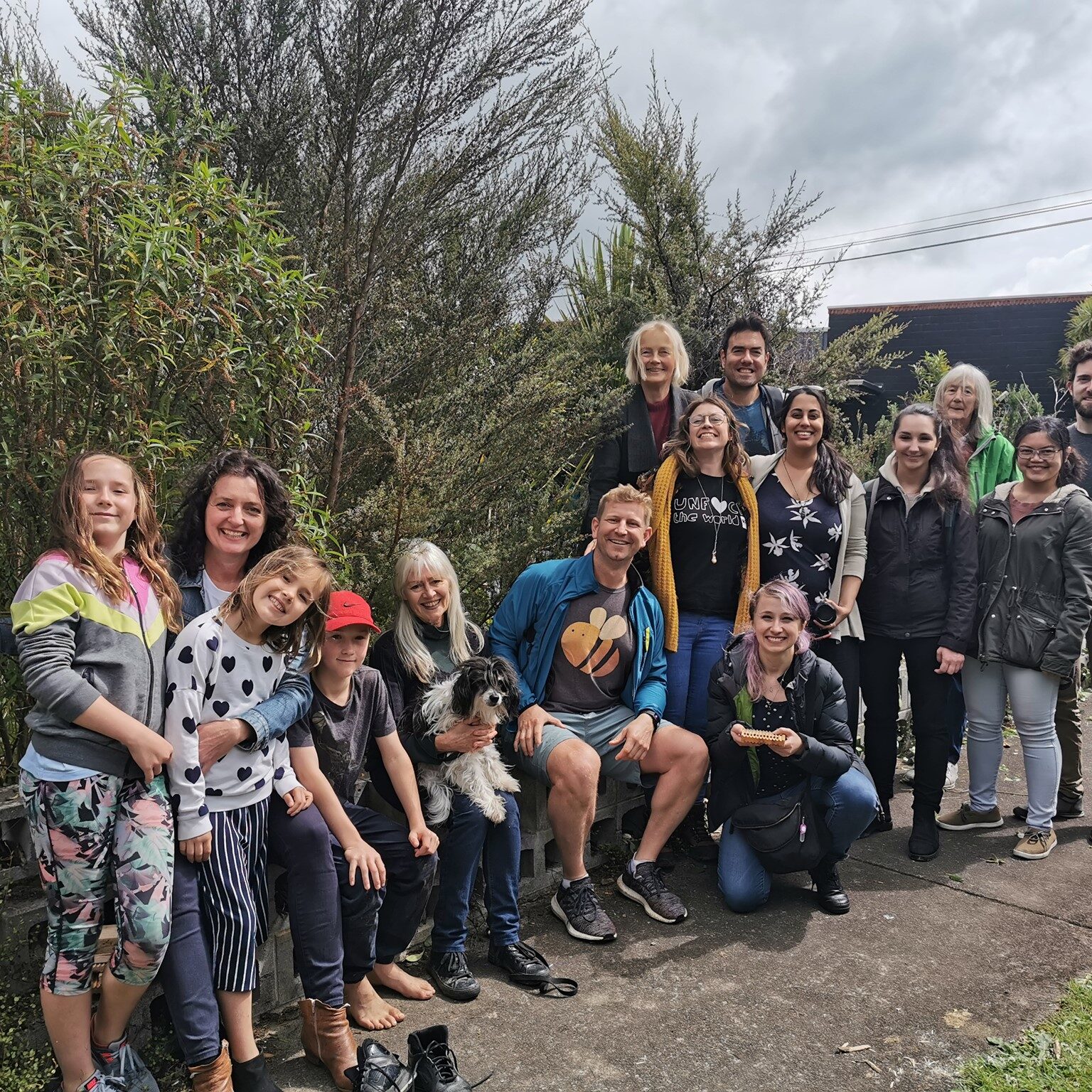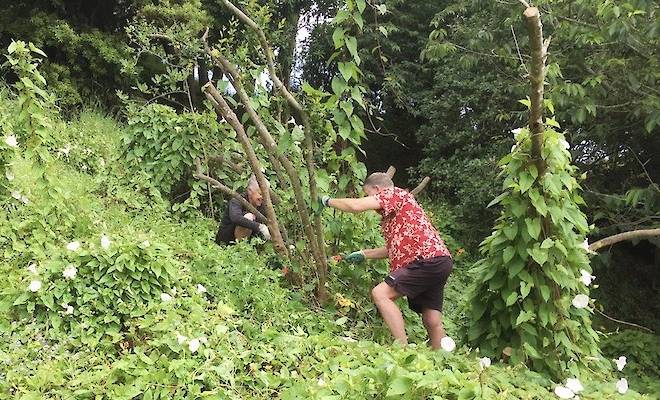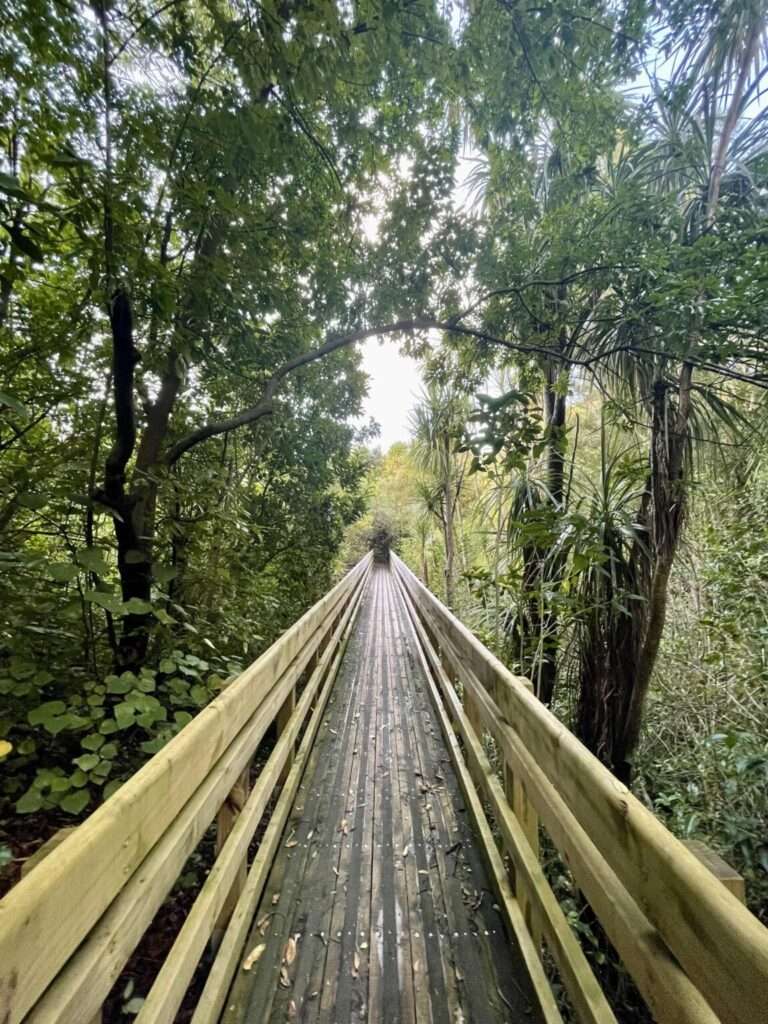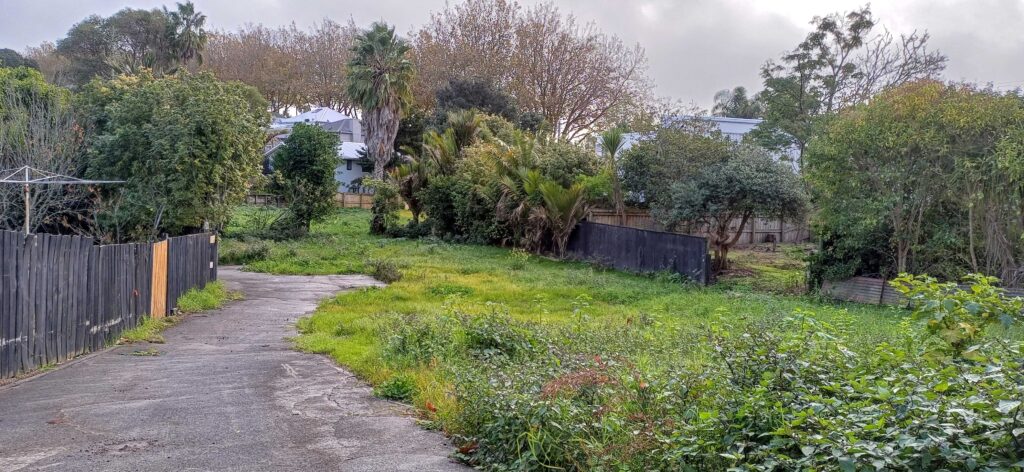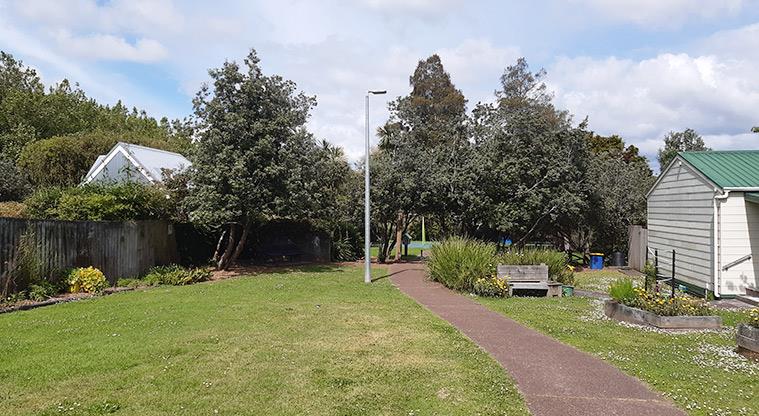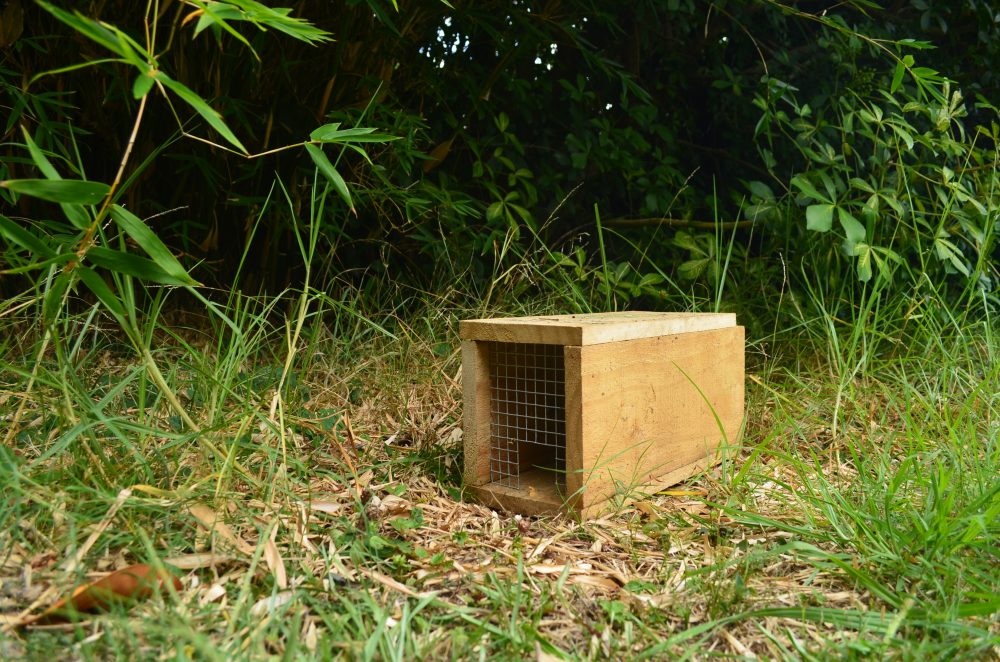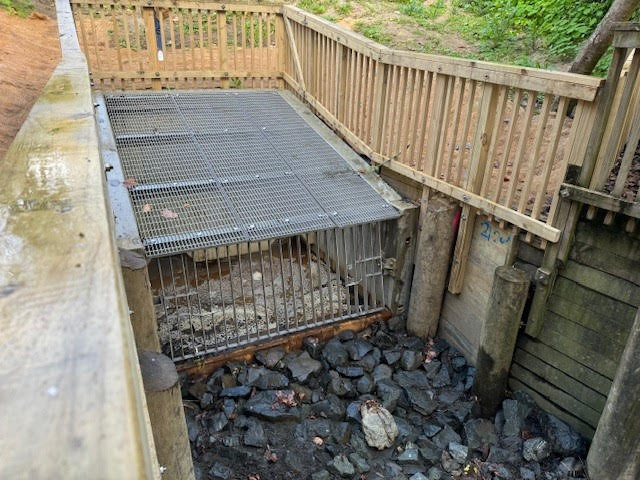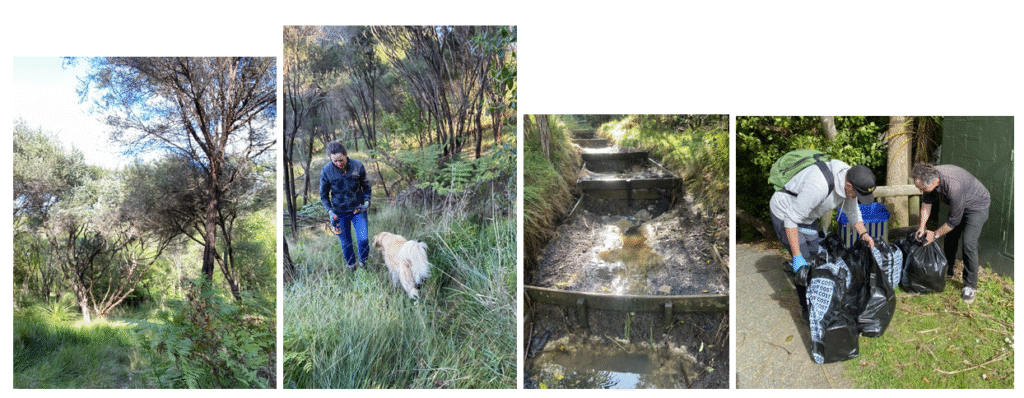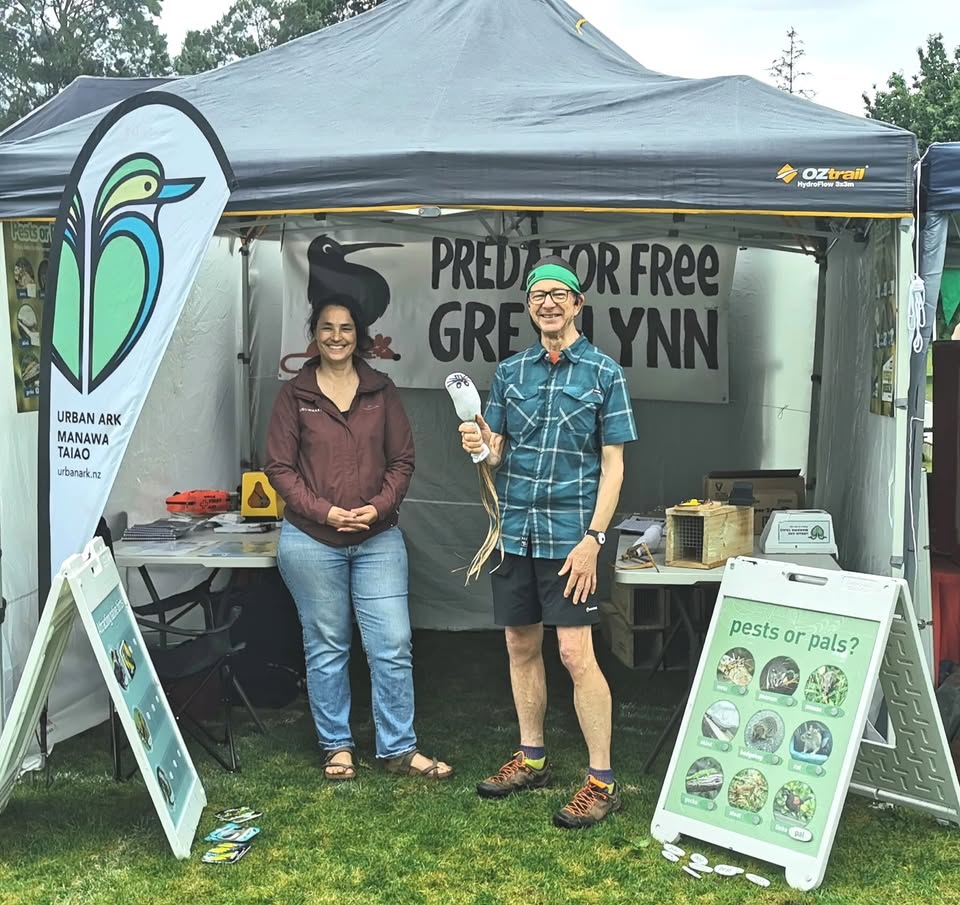Nature
Waitematā is blessed with natural beauty and access to parks, regenerating native bush and walkways. There are many volunteer community groups Grey Lynn and the Inner west, working on ecological restoration with Auckland Council. Pollinator Paths, Wellpark Streamers, Predator Free Grey Lynn, Eco Sourced Seed Collection, the Weona Leamington Westmere Walkway Restoration Group, Meola Reef Restoration Group, Friends of Oakley Creek
Nature Project Updates
Check out the community ecological restoration work, planting, trapping and community gardening.
Winter Work: Grey Lynn Weeding, Planting, Bird Counting
Late Autumn and early winter, is the perfect time for planting and weeding. Consequently there are working local bees in the next few weeks. The best time to plant native plants in Auckland is generally during the cooler months, from May to early Spring This allows plants to establish their roots before the hotter, drier…
Read MoreWellpark Reserve – Native Tree Planting
We have a winter native tree planting event at Wellpark Reserve 9am – 11.30am, Saturday 14th June. Can you help? We’ll be adding some new plant species to the already beautiful inner city forested area, to increase plant diversity and provide a wider range of food sources for native birds and other wildlife. Plants provided by…
Read MoreWestern Springs Lakeside Park – Top Track
Have you visited the Western Springs Top Track? It’s not surprising if you haven’t as it’s a bit hard to find. West View Rd. Then look for this sign. Native Trees- Planting Programme In 2021, after removal of dangerous pines 7800 native trees were planted – mahoe, karamu, kanuka and cabbage tree. This was…
Read MoreGrey Lynn Park – Understanding the 2023 Flood and the Aftermath
The Night Grey Lynn Park Became a Lake Auckland Anniversary weekend January 2023, Grey Lynn Park experienced the worst flooding in living memory. The consequence of an unprecedented deluge.According to NIWA, the rainfall was so extreme in some areas it equated to an entire summer’s worth falling in a single day, classifying it as a…
Read MoreFrancis St Reserve, Grey Lynn
Francis Street Reserve is a local park located in the Grey Lynn suburb of Auckland, New Zealand. Situated at 4 Warnock Street, Grey Lynn Edgars Creek, a stream that runs through Grey Lynn, is at the bottom of Francis Street Reserve. Auckland Council Healthy Waters has undertaken significant stormwater improvements to Edgars Creek, with…
Read MorePredator Free Grey Lynn – Trapping Workshop
Have you heard of Predator Free 2050? “Imagine an Aotearoa New Zealand where our native species are safe from extinction and thriving alongside us… That’s why Predator Free 2050 is working towards eradication of three of our most damaging predators (rats, stoats, and possums) – and even in the city we have a role to…
Read MoreEdgars Creek – Auckland Council Stormwater Upgrade – Grey Lynn and Coxs Bay
Did you notice Wellpark Ave closed for almost a year? Works at the bottom of Francis St? It’s all part of stormwater improvements to Edgars Creek which runs Stanmore St down to Fife St where it runs out to sea. So what has Auckland Council Stormwater team been doing? We reached out to Auckalnd Council…
Read MoreWai-a-te-Ao Bullock Track – Ecological Restoration
Wai-a-te-Ao Bullock Track Restoration The Auckland Central Branch of Forest and Bird has a vision is to create an urban oasis where we can learn, enjoy and respect the natural world in the Inner city suburbs. This area is one you may not really notice – as you drive up and down the Bullock Track.…
Read MoreStewart Forsyth – Pollinator Paths and Predator Free Grey Lynn
Stewart Forsyth stands as a driving force behind Predator Free Grey Lynn. As the local community trapping coordinator, he is deeply involved in the ongoing mission to rid the Grey Lynn and Arch Hill areas of introduced predators like rats and possums. At its heart, Predator Free Grey Lynn aims to safeguard and enrich native…
Read More
